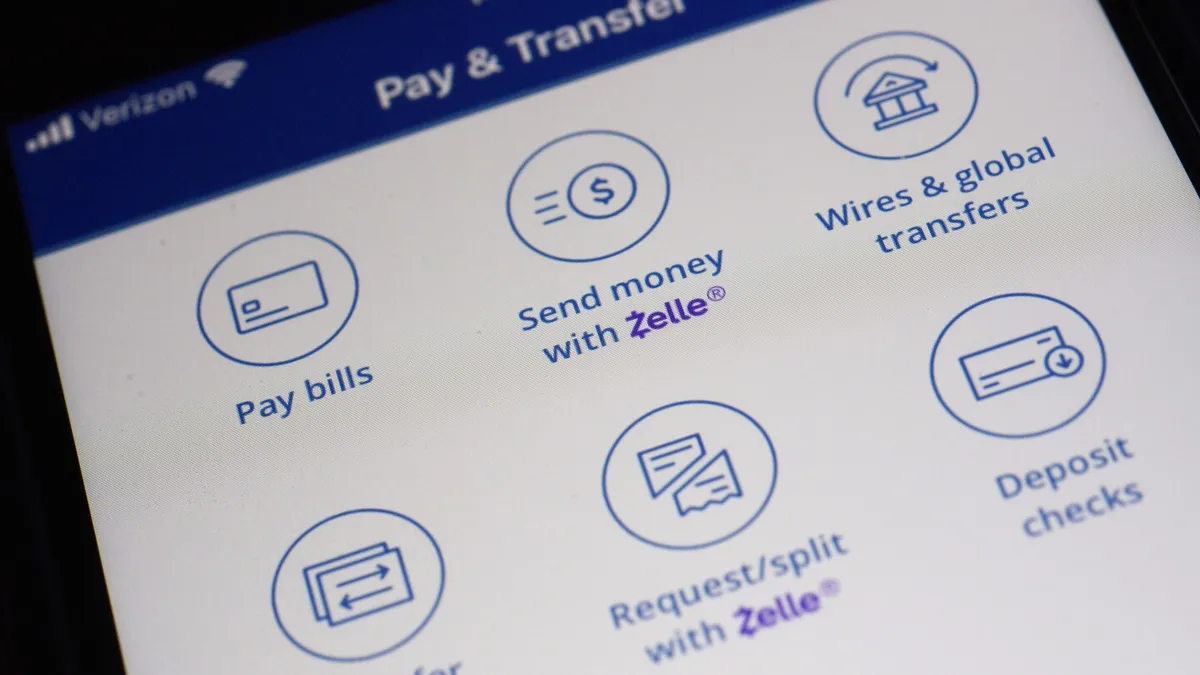
On Wednesday, New York’s Attorney General, Letitia James, initiated a lawsuit against Early Warning Services, the parent company of the popular payment platform Zelle. This legal action comes just months after the federal Consumer Financial Protection Bureau (CFPB) dropped a similar case amid significant changes within the agency during the Trump administration. James, a Democrat, filed the lawsuit in New York state court, claiming that Early Warning Services, owned by a consortium of U.S. banks, has inadequately protected users from fraud due to the absence of essential safety features in Zelle's design.
The CFPB had previously pursued a case against Early Warning Services, but it was abandoned earlier this year following President Donald Trump's dismissal of the agency's director. Under his administration, the CFPB faced significant operational disruptions, including the closure of its headquarters and a halt to nearly all of its activities. James’ office highlighted that their lawsuit was prompted by the CFPB's decision to step back after a “change in the federal administration.”
In her statement, Attorney General James emphasized that “No one should be left to fend for themselves after falling victim to a scam.” She expressed her commitment to seeking justice for New Yorkers who have suffered due to Zelle’s security failures. This lawsuit marks another chapter in James' ongoing opposition to Trump, with the attorney general having filed numerous lawsuits against the former president.
James' lawsuit specifically accuses Early Warning Services of failing to implement adequate verification processes within Zelle, which is designed for near-instant money transfers. Her office reported that scammers have exploited these vulnerabilities to access users' accounts or deceive them into sending money to fraudulent accounts masquerading as legitimate businesses. One notable incident involved a Zelle user who received a phone call from an individual impersonating a representative from Con Edison, a utility company. The scammer falsely claimed that the user’s electricity would be shut off unless they transferred money via Zelle. The victim subsequently sent approximately $1,500 to an account labeled “Coned Billing” before realizing they had been scammed. Unfortunately, when the victim approached their bank for a refund, they were informed that recovery was not possible.
In response to the lawsuit, Zelle characterized Attorney General James’ actions as “a political stunt to generate press, not progress.” A spokesperson for Zelle stated, “The Attorney General should focus on the hard facts, stopping criminal activity and adherence to the law, not overreach and meritless claims.” This rebuttal reflects the ongoing tension between the payment platform and state authorities as concerns regarding user safety and fraud continue to escalate.
The lawsuit filed by Attorney General Letitia James against Early Warning Services highlights significant concerns surrounding fraud prevention in digital payment platforms like Zelle. As the case unfolds, it will be critical to monitor its implications for consumer protection and the responsibilities of financial service providers in safeguarding their users against fraud.